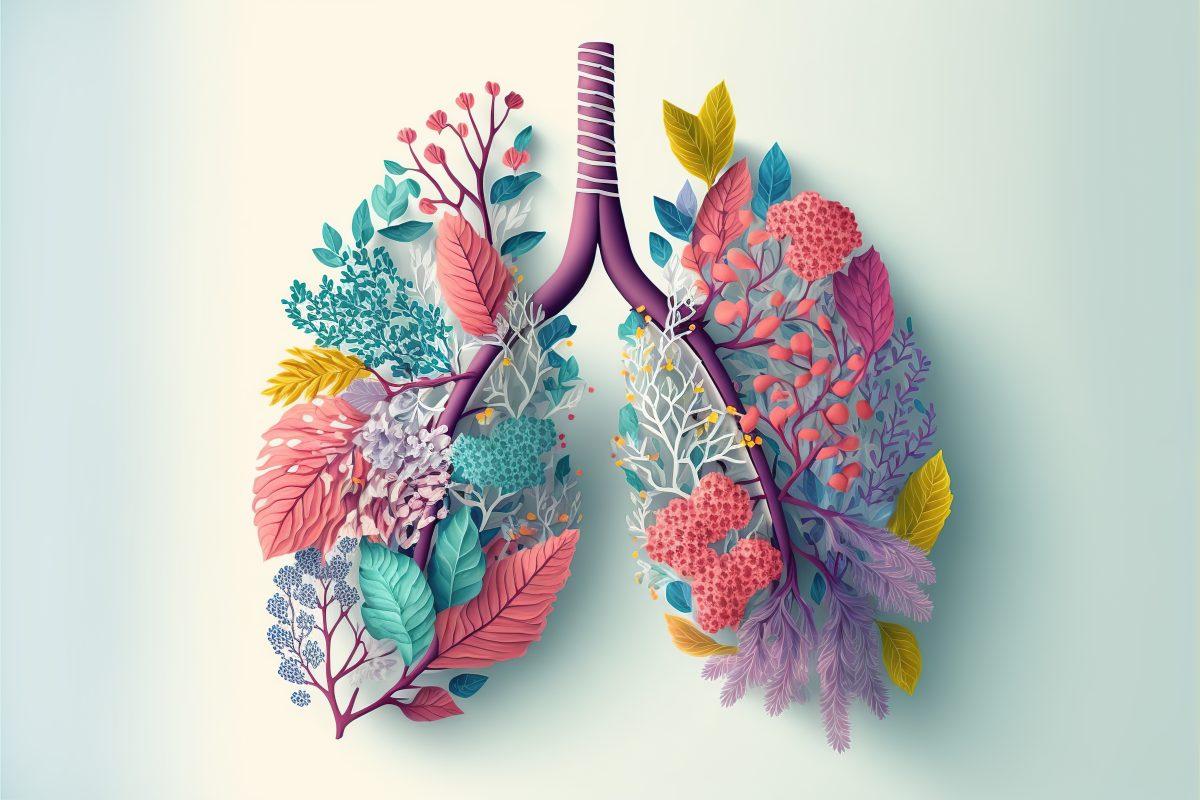“What benefits can I expect from involving allied health professionals in managing my asthma more efficiently ?”
People with chronic lung diseases, including asthma, can benefit from the support and expertise of various allied health professionals who work together to manage their conditions and improve their overall quality of life. These professionals can provide specialized care and education to help individuals manage their symptoms, reduce exacerbations, and adopt healthy lifestyle behaviors. Here are some allied health professionals who can support people with chronic lung disease and asthma:
Pulmonary Rehabilitation Specialist: Pulmonary rehabilitation specialists design and supervise exercise programs specifically tailored to individuals with chronic lung diseases, such as asthma and chronic obstructive pulmonary disease (COPD). These programs help improve lung function, physical fitness, and quality of life.
Respiratory Therapist: Respiratory therapists are trained to evaluate lung function and provide treatments to manage breathing problems. They can assist in using inhalers and other respiratory devices effectively.
Registered Dietitian: Dietitians can provide dietary counseling to manage weight, which can impact lung function in some cases. They can also help individuals with asthma identify and avoid potential triggers through dietary modifications.
Occupational Therapist: Occupational therapists can help individuals manage daily activities, adapt their environments, and address any physical limitations caused by chronic lung disease or asthma.

Speech-Language Pathologist: For individuals with breathing difficulties, speech-language pathologists can work on techniques to improve breathing and speaking coordination, which can be especially helpful for people with asthma who experience vocal cord dysfunction.
Social Worker: Managing chronic lung diseases can be emotionally challenging. Social workers or counselors can provide emotional support, coping strategies, and mental health interventions.
Allergist/Immunologist: For individuals with asthma triggered by allergies, allergists can identify specific allergens and develop personalized treatment plans, including allergy shots (immunotherapy).
Physical Therapist: Physical therapists can assist with exercise programs, mobility, and breathing techniques to improve lung capacity and overall physical health.
Pharmacist: Pharmacists can review medications, provide education on proper inhaler techniques, and address any concerns related to asthma medications.
The collaborative efforts of these allied health professionals, alongside pulmonologists or primary care physicians, are essential in providing comprehensive care and support for individuals with chronic lung diseases and asthma. By addressing various aspects of their conditions and promoting healthy lifestyle behaviors, allied health support can help improve symptom management and overall well-being.